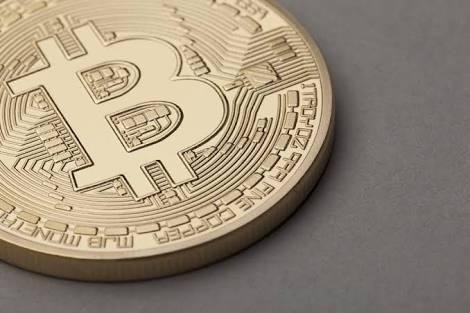Some Of The Most Important Things You Need To Know About Bitcoin
Bitcoin is an electronic money made in 2009 by Satoshi Nakamoto. The name is also associated with the open source software that he designed, and also uses a peer-to-peer network without centralized storage or a single administrator where the US Treasury calls the bitcoins of a decentralized currency. Unlike most currencies, bitcoin does not depend on trusting major publishers. Bitcoin uses a database that is distributed and spreads to the nodes of a P2P network to a transaction journal, and uses cryptography to provide basic security functions, such as ensuring that bitcoins can only be spent by people owning them, and never be done more from one time.
( wikipedia).
Faster transactions anywhere in the world
Antony explained that Bitcoin's main advantage over the traditional currency is the ease of delivery anywhere in the world. The benefits will be felt in areas where the rules of international banking transactions are still complicated.
Antony pointed out that he had stayed at a hotel in India. When about to make a transfer using his bank account, he asked to fill in the data themselves, including full name, parent's name, home address and others. Worried about the data being stolen, he finally chose to use Bitcoin.
This capability is of course also true in conflicting countries, when bank operations are stunted, or even not operating at all. Another plus is that we do not need to do complex registration like a bank when it wants to use Bitcoin. We just need to download the program and then make a wallet from there.
We can also use Bitcoin as an alternative credit card to buy goods online. This is certainly interesting for those who do not have access to credit cards, such as students who do not have a fixed salary.
More secure security at lower cost
In addition to helping with transaction speed, Bitcoin offers a higher level of security especially in countries with less stable financial infrastructure. In traditional currency, there are times when the system owned by the bank down so we can not transact, for example due to technical error or due to government regulation so that the bank can not operate maximally (as in Greece yesterday).
Not so with Bitcoin. Due to its peer-to-peer nature, the Bitcoin system has no single point of failure, technically or systemally. This makes us not worried about not being able to access our Wallet and money. Decentralization makes Bitcoin safe.
Another plus is the transaction costs that tend to be cheap, especially for transfers between countries. Bitcoin's position exists between fast but expensive services like bank transfers, and cheap but slow services like Western Union.
Transactions with Bitcoin only take about one or two days with simple steps. First, if we do not have one, we buy Bitcoin with our local currency. Then, we send Bitcoin through Wallet. After the transfer, the recipient can directly exchange the Bitcoin with the local currency.
As a medium of exchange or as an investment instrument
Answering the question of whether Bitcoin is more suitable as an investment instrument or simply a tool of transactions, Antony reveals that there is nothing major of both. All depends on the needs of Bitcoin users.
In fact, both can go together: the more transactions with Bitcoin, the higher the price increases. The higher the price increase, the higher the incentive to invest with Bitcoin.
But indeed, investing with Bitcoin is high risk because of its volatile nature (changing rapidly). At its peak, Bitcoin never reached a price of up to $ 1,200, but now it's only $ 300.
Another challenge mentioned is still poor user interface padasoftware Bitcoin. Antony answered by saying that Bitcoin is still "young" so its user interface is also not well designed. But he hopes with more users, there will be a startup that is compelled to fix it.
(https://blog.bitcoin.co.id/3-hal-terpenting-yang-perlu-kamu-ketahui-tentang-bitcoin/) 
( The merkele)
Thanks